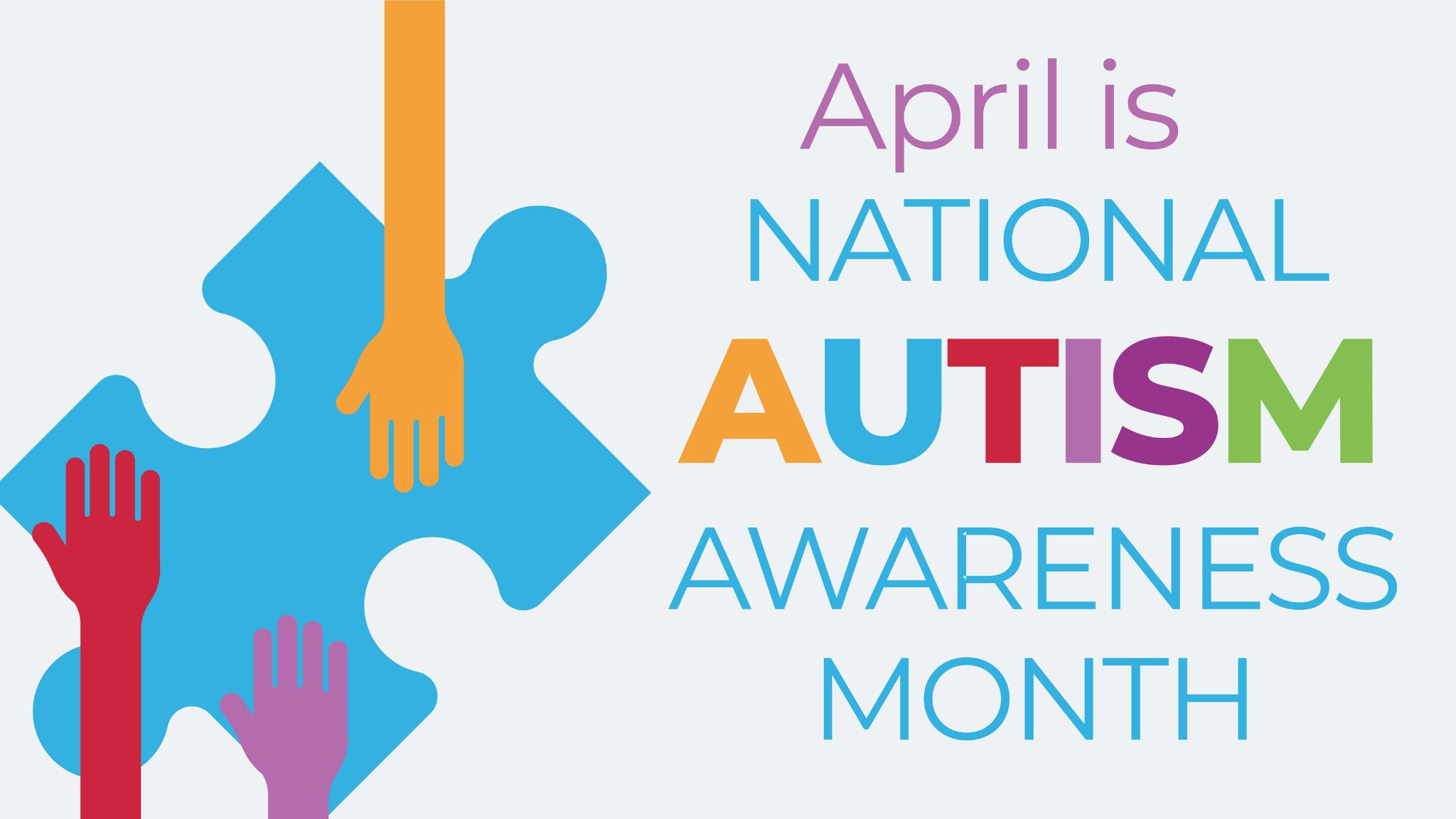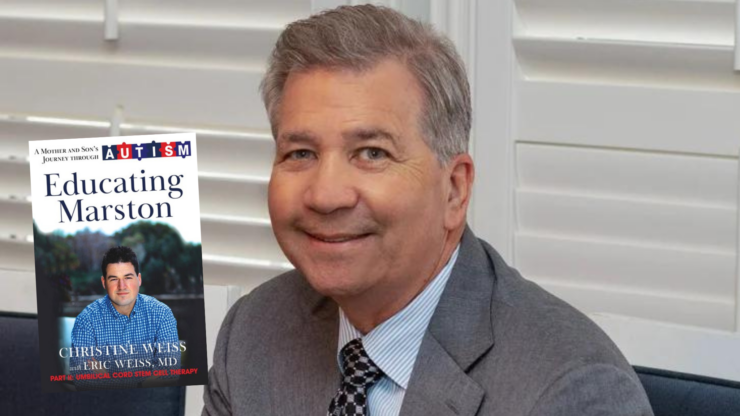Every April, Autism Speaks celebrates World Autism Month, shining a light on the stories, struggles, and triumphs of those affected by autism.
This year, we’re going to delve into the inspiring journey of Dr. Eric Weiss, a devoted father and pioneering surgeon, who has dedicated his life to understanding and treating autism through regenerative therapy.
Dr. Weiss’s passion for exploring innovative treatments for autism has deep roots. His son, Marston, is on the autism spectrum, and Dr. Weiss’s quest to help his son has led him to explore the power of umbilical cord stem cells in treating autism.
“I always felt that regenerative medicine was going to help children with autism,” Dr. Weiss shares with Parentology. “Early in my career, I was fortunate to be around leading researchers in fetal medicine and surgery. This led to some great discoveries and started my interest in regenerative medicine.”
Educating Marston
The Weiss family’s journey began when Marston was diagnosed with autism. Dr. Weiss and his wife, Christine, quickly took action, researching everything they could to help their son. Christine even co-authored the book “Educating Marston,” which detailed their experiences and offered practical advice to other families navigating life with autism.
As the Weiss family sought effective treatments for Marston, they discovered a groundbreaking study from Duke University that showed the promising potential of using Umbilical Cord Blood (UCB) in treating autism. The study revealed that 60% of children treated with UCB experienced significant improvements in behavior, social skills, and communication.
Unable to enroll Marston in the Duke study, the Weiss family turned to Dr. Thomas Lobe in Chicago, who administered Marston’s first two doses of UCB. The results were astonishing.
“We saw the results very quickly,” Dr. Weiss recalls. “Marston had tremendous gains in socialization and talking. We have since given him an additional four treatments. He continues to improve and now lives independently, drives a car, and has a job. He is as happy as he has ever been.”
Marston’s incredible progress, along with the findings from the Duke study, have ignited hope for families coping with autism. However, further research is needed to better understand the factors that contribute to the success or failure of regenerative therapy for autism.
“The biggest challenge to clinical research is the time it takes to complete a study, and to sort out and control all the variables,” Dr. Weiss admits. “ASD is a spectrum of disease that may have different causes from inflammation to genetic abnormalities, to heavy metal toxicity. These may all have different treatments.”
Despite the challenges, the potential of regenerative therapy using umbilical cord blood and MSCs to treat autism is undeniably exciting. As Dr. Weiss explains, “This is quite exciting as all other therapies just treat the symptoms, and now, we are beginning to understand how to treat the cause (even though it’s unclear what caused the neuroinflammation).”
Mental Health Awareness
In addition to his work with regenerative therapy, Dr. Weiss also advocates for mental health awareness, particularly for families affected by autism. He emphasizes the importance of understanding the challenges faced by these families and providing resources and support to help them navigate the often overwhelming world of autism.
As more families like the Weiss’s share their stories and experiences, the world gains a better understanding of the unique struggles and triumphs of individuals with autism. Their stories serve as a powerful reminder of the importance of continued research and advocacy, not only during World Autism Month but throughout the year.
In conclusion, the transformative potential of regenerative therapy for autism offers hope and inspiration to families navigating this complex condition. While there is still much to be learned, the experiences of Dr. Weiss, Christine, and Marston serve as a beacon of hope for countless others. Their journey highlights the power of perseverance, innovation, and, above all, love.

As we continue to explore the possibilities of regenerative therapy for autism, we must also acknowledge the importance of understanding and empathy. Dr. Weiss encourages parents of neurotypical children to recognize the challenges faced by families with autistic children.
“I believe most parents of neurotypical children are very compassionate to children with ASD,” Dr. Weiss says. “Having to live with a child can be extremely difficult and can lead to dysfunction in the marriage as well as the other siblings.”
He adds, “I believe it should be known that only about 30% of ASD children have an intellectual disability, about 25% have borderline IQ, and about 45% have an average or above-average IQ.”
By fostering greater awareness and understanding, we can create a more supportive environment for those with autism and their families. As we celebrate World Autism Month, let us remember the incredible power of human connection and the boundless potential of medical advancements.
Through the unwavering commitment of individuals like Dr. Weiss, Christine, and countless others advocating for autism awareness, we move closer to a world where every child, regardless of their abilities or diagnosis, is given the opportunity to thrive. In doing so, we pave the way for a brighter, more inclusive future for all.
So, as you embark on your summer travels or simply go about your daily life, keep in mind the challenges faced by families with autistic children and the hope that regenerative therapy offers. Let their stories inspire you to learn more, share knowledge, and strive for greater understanding, acceptance, and support for those living with autism.








Add comment